Moving trailers at home or work can be hard. The right power trailer dolly makes it safer and easier. It also gives you more control and less work. Think about moving a heavy trailer in a busy warehouse. Or picture moving it over bumpy ground outside. You need a dolly that can hold your trailer’s weight. It should also fit in the space you have. Many people use dollies every day. They use them at car dealerships, big events, or in their own garages. If you use a dolly a lot, you want one you can trust. Some good choices are the SuperHandy Electric Trailer Dolly - 24V 7Ah Battery, 2800 lb, Electric Trailer Dolly Pro - 24V 9Ah Battery, 7500, or Goodyear 3600 lbs Electric Trailer Dolly.
Think about what kind of trailer you have. Think about how often you move it. Also, think about where you use your dolly. These things help keep you safe and make moving easier.
-
People use power trailer dollies in:
-
Outdoor lots and trailer yards (need to be strong and safe)
-
Indoor places like warehouses (need to turn easily and be safe)
-
Manufacturing and distribution centers (need to carry a lot and be easy to use)
-
Picking the right dolly helps you move trailers safely and easily every time.
Key Takeaways
-
Pick a power trailer dolly that can hold your trailer’s weight and tongue weight. This helps keep you safe and makes the dolly last longer. - Find dollies with strong batteries and simple controls. These features save your energy and make moving trailers easier. - Choose a dolly that is easy to move. Swivel wheels and a small size help it turn in tight spots. - Make sure the dolly fits your trailer’s hitch. Check if it works well on the ground you use, like gravel or grass. - Always follow safety rules. Look over your dolly before you use it. Take care of it often so it works well and lasts longer.
Why a Power Trailer Dolly
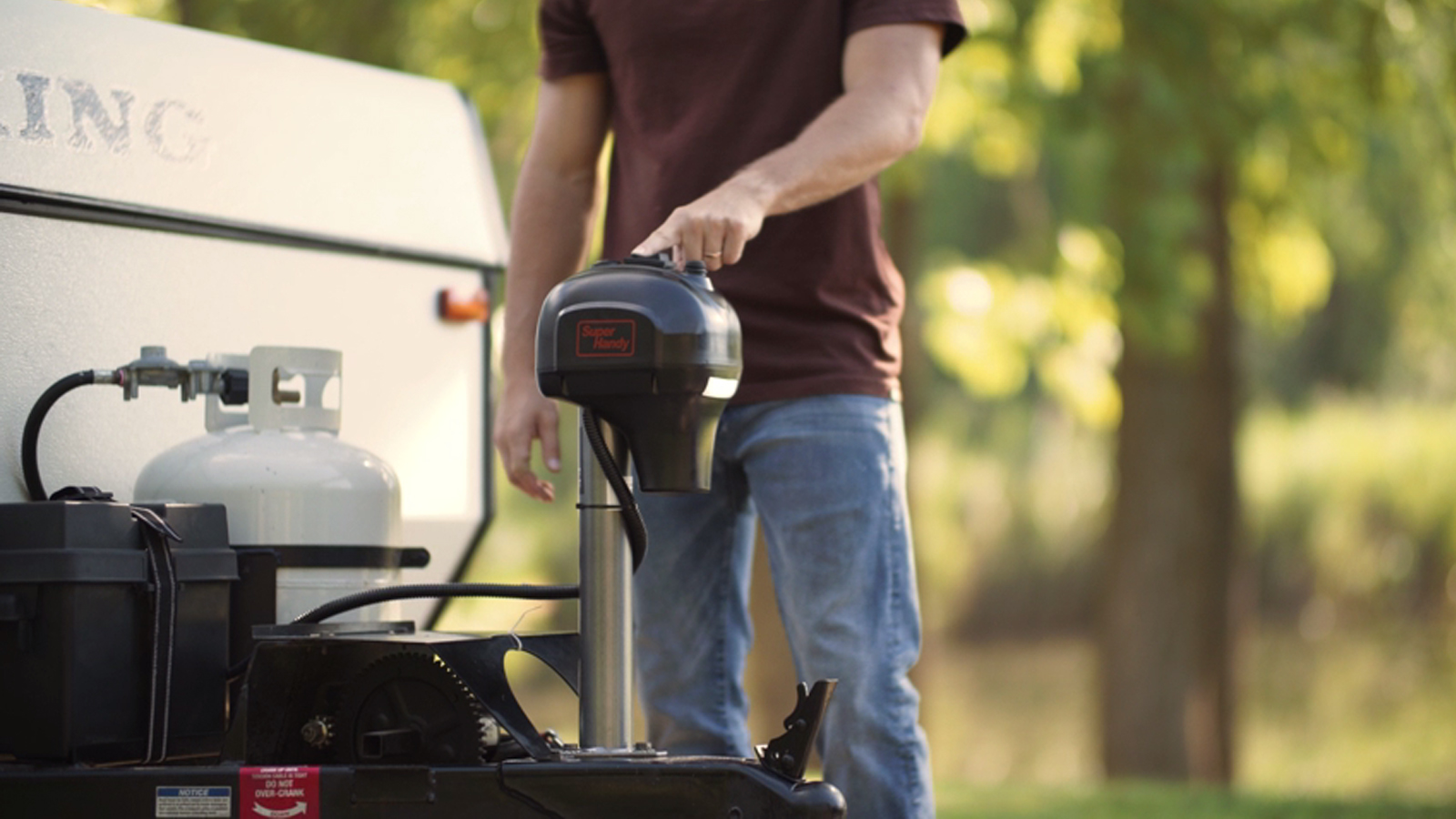
Benefits
A power trailer dolly makes moving trailers much easier. You do not need to push or pull heavy things by yourself. The electric trailer dolly has a motor, so you save your energy and your back does not hurt. You can control the dolly better in small spaces. Many people like that these dollies have safety features. You can stop fast, and the dolly will not roll away if it loses power. Some models have sensors to stop crashes and emergency brakes. These things help stop accidents and keep your trailer safe.
Here is a quick look at why many trailer owners pick a power trailer dolly over a manual one:
|
Primary Reason |
Explanation |
|---|---|
|
Enhanced Safety |
Built-in safety features lower the risk of injury and accidents. |
|
Greater Strength |
The electric trailer dolly moves heavy trailers without physical strain. |
|
Better Maneuverability |
You can steer the dolly in all directions, even in small spaces. |
|
Increased Efficiency |
You move trailers faster and with less effort. |
|
Versatile Usage |
One dolly can work with many trailer types, saving you money. |
|
Reduced Equipment Wear |
Using a dolly means less wear on trucks and lower fuel and labor costs. |
Tip: If you use your dolly a lot, pick one with a strong battery and simple controls. These things make your work easier and safer.
Problems Solved
Moving trailers by hand or with trucks can be hard. A power trailer dolly fixes these problems:
-
You do not need a special license to use an electric trailer dolly. Anyone can use it safely.
-
The dolly fits in small places where trucks cannot go. You can park your trailer in tight spots.
-
You save time and energy. The dolly does the hard work, so you do not get tired.
-
Safety features like electric brakes and overload protection help stop accidents before they happen.
-
The battery lets you use the dolly for a long time without charging.
-
You get better control with remote controls and speed settings.
-
The dolly works on many surfaces, so you can use it inside or outside.
-
Moving trailers is safer because the dolly keeps the trailer steady and easy to steer.
-
You do not have to lift or twist heavy things, so you avoid slips and injuries.
-
The electric trailer dolly helps you park trailers exactly where you want, even in busy lots.
With these features, you can use your dolly for many trailers and jobs. You get more safety, less work, and better results every time.
Types of Power Trailer Dollies
Electric Trailer Dolly
If you want to move a trailer easily, try an electric trailer dolly. This dolly has a battery that powers a motor. You do not have to push or pull it yourself. You use the controls to move the trailer where you want. Many people like electric trailer dollies because they work in small spaces and on many surfaces. You can use them in your garage, on your driveway, or even on grass.
Most electric trailer dollies have strong batteries. Some batteries last for hours, so you can move many trailers in one day. These dollies often have remote controls, smart brakes, and hitches you can adjust. These features help you move trailers safely and with less trouble. Some brands, like Parkit360 and Trailer Valet, make electric trailer dollies for heavy trailers. They also have smart battery systems.
Here is a table that compares some popular electric trailer dolly models:
|
Model Name |
Load Capacity (lbs) |
Tongue Weight (lbs) |
Power Source |
Notable Features |
|---|---|---|---|---|
|
RVR5 |
5,500 |
550 |
Battery-powered |
Remote, 4 gear motors |
|
Parkit360 Electric Dolly |
5,000 |
900 |
Battery-powered |
Speed control, sealed battery |
Tip: Always check the battery before you use your electric trailer dolly. A full battery lets you move your trailer without stopping.
Motorized Options
There are other motorized trailer dolly choices too. Some use a DC winch motor, AC electric motor, or a drill-powered hand crank. These dollies help you move heavy trailers with little effort. A motorized dolly can move trailers from 5,000 to 12,000 pounds. You get more power and better control, especially on hills or rough ground.
Electric trailer dollies are special because they use batteries, run quietly, and do not make fumes. You can use them inside or outside. Some motorized dollies need a cord or gas, but electric trailer dollies only need a charged battery. You get features like smart brakes, strong tires, and hitches you can adjust. These features make it easy to use the dolly for many trailers.
Here are some things to look for in a motorized or electric trailer dolly:
-
What kind of battery it uses and how long it lasts
-
How much weight it can move
-
Safety features like automatic brakes
-
How well it moves in small spaces
-
Controls that are easy to use
Many brands, like TRAX, make electric trailer dollies with advanced features. You can use these dollies for car trailers, boat trailers, or big campers. The battery lets you use the dolly anywhere. You do not have to worry about cords or gas.
Note: If you use your trailer dolly a lot, pick one with a strong battery and good safety features. This makes moving your trailer safer and easier.
Key Selection Criteria
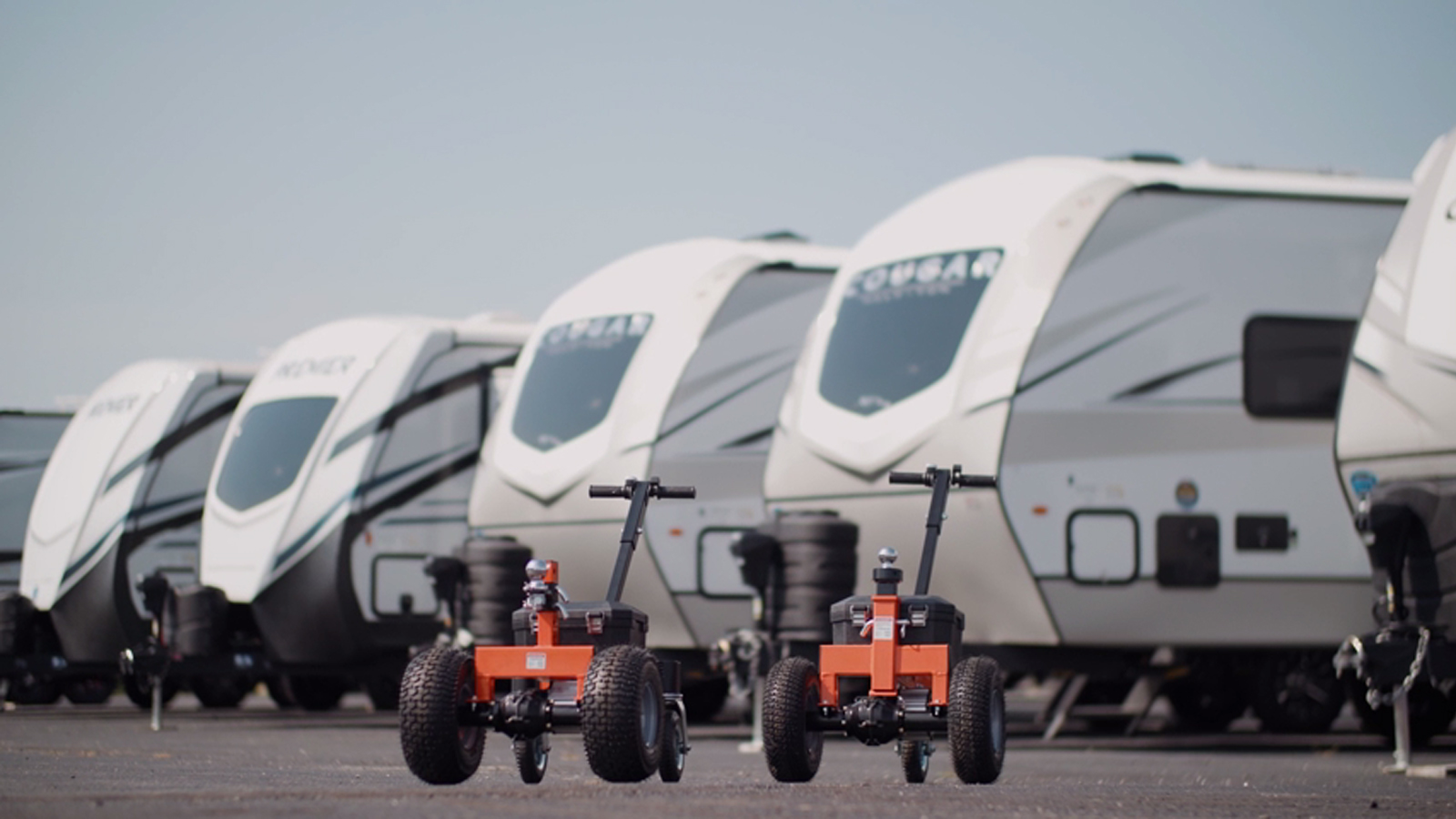
Picking the right electric trailer dolly can seem hard. But you can make it easier by focusing on a few main things. Here are some tips to help you find the best dolly for your trailer.
Weight Capacity
Always check the weight capacity before buying a dolly. This tells you how much weight the dolly can move safely. If you pick a dolly that is too weak, it could break or hurt your trailer. Most dollies for small or medium trailers can move 3,600 to 7,500 lbs. Some heavy-duty dollies can move up to 40,000 lbs for big trailers. Pick a dolly that can handle your trailer’s weight or more. This keeps you safe and helps your dolly last longer.
-
If you use a dolly for too much weight, it can break. This can make it unsafe and cause accidents. The dolly’s safety parts can only do so much if you overload it. You also make your dolly wear out faster if you use it for too much weight.
Tip: Check your trailer’s total weight and tongue weight before you buy. Pick a dolly that can handle both for the best safety and easy use.
Compatibility
Not every electric trailer dolly works with every trailer. Make sure the dolly fits your trailer’s hitch, weight, and size. Some trailers need special adapters to connect safely. You also need to check if the dolly can hold your trailer’s tongue weight and total weight.
|
Compatibility Factor |
What to Check For |
|---|---|
|
Trailer Weight & Tongue Weight |
Make sure the dolly supports your trailer’s weight and tongue weight. |
|
Hitch Configuration |
Check if you need adapters for your trailer’s hitch. |
|
Trailer Type Specifics |
RVs, boats, and gooseneck trailers may need special setups. |
|
Motor Power & Efficiency |
The dolly’s motor should be strong enough for your trailer. |
|
Battery Life & Charging |
Look for long battery life and easy charging options. |
|
Braking Systems |
Advanced brakes help with safety, especially on hills. |
|
Maneuverability & Control |
Features like variable speed and ergonomic handles make moving easier. |
|
Hitch Ball & Adapter Compatibility |
Make sure the dolly fits your trailer’s hitch setup. |
Terrain
Think about where you will use your dolly. Will you move your trailer on smooth ground, gravel, grass, or up a hill? Some dollies work best on flat, hard ground. Others have strong wheels and motors for rough or bumpy places. If you want to use your dolly outside or on uneven ground, look for models with all-terrain tires and strong suspension. These features help keep you safe and make moving easier.
Note: Using the right dolly for your ground keeps you safe and makes moving your trailer easier.
Battery and Motor
The battery and motor are very important for your dolly. You want a dolly with a strong battery that lasts a long time. Some top dollies use 36V or 48V motors and can move very heavy trailers. Pick a dolly with a battery that matches how much you use it. If you move trailers all day, you need a battery that lasts long and charges fast. A strong motor helps the dolly start and stop smoothly, which is safer and easier.
-
Always check the battery before you use your dolly. If the battery is low, you could get stuck.
-
Some dollies let you charge the battery from your trailer or use extra battery kits for longer use.
Tongue Weight
Tongue weight is the force your trailer puts down on the dolly’s hitch. It is just as important as the total weight. Most powered dollies can handle tongue weights from 800 lbs to 1,000 lbs for big trailers. If you pick a dolly with a low tongue weight limit, you could tip over or lose control. The right tongue weight keeps your trailer balanced and safe.
When you match the tongue weight to your dolly, you get better balance and steering. The best tongue weight is usually 10 to 15 percent of your trailer’s loaded weight. For example, a 10,000 lb trailer should have a tongue weight between 1,000 and 1,500 lbs.
Maneuverability
You want your dolly to move easily, even in small spaces. Good maneuverability comes from a small design, swivel wheels, and easy steering. Look for features like comfy handles, automatic brakes, and sensors to stop crashes. These help you park your trailer where you want, even in tight spots.
|
Feature |
How It Helps You Move Trailers Easily |
|---|---|
|
Compact Design |
Fits in small spaces and narrow areas |
|
Swivel Wheels |
Turns smoothly and changes direction easily |
|
Comfortable Handles |
Reduces fatigue and gives you better control |
|
Precise Steering |
Lets you park your trailer with accuracy |
|
Automatic Braking |
Stops the dolly quickly for safety |
|
Collision Sensors |
Prevents accidents in tight spots |
|
Strong Tires |
Keeps grip on rough or slippery surfaces |
|
Adjustable Hitches |
Connects to many trailer types for more flexibility |
|
Battery Power & Motor |
Smooth operation, even in small spaces |
Controls and Safety
Safety is always important when using an electric trailer dolly. Look for safety features like automatic brakes, emergency stop buttons, and warning lights. Some dollies have wide wheelbases, low centers of gravity, and all-terrain tires to help stop tipping and slipping.
-
Always use safety chains under the trailer tongue. This keeps the trailer from rolling away if it disconnects.
-
Check your battery level often so you do not lose power while moving.
-
Use spotters in busy areas for extra safety.
-
Never put too much weight on your dolly. Stay within the weight limit for safe use.
Tip: Follow the maker’s instructions and check your dolly often. This keeps your dolly safe and ready to use.
Durability
You want your dolly to last a long time. Look for dollies made from strong steel and other tough materials. Good wheels and strong frames help your dolly handle rough use and hard ground. Some dollies let you change the height for different trailers. Take care of your dolly by checking the battery and cleaning the wheels.
A strong dolly means you worry less about it breaking. You get more time to use your trailer safely and easily.
Select the Right Trailer Dolly
Checklist
When you want to select the right trailer dolly, a checklist can help you make a smart choice. Here’s a step-by-step guide you can use before you buy:
-
Check your trailer’s total weight and tongue weight. Make sure the dolly can handle both.
-
Know your trailer’s type and hitch style. Some dollies need adapters for certain hitches.
-
Decide if you want a fixed or swivel plate dolly. Swivel plates help with tight turns.
-
Look for battery-powered models for quiet, low-maintenance use.
-
Make sure the dolly meets safety standards. Features like neutral throttle braking, safety stop switches, and solid tread tires keep you safe.
-
Think about the terrain. Pick wheels that work on the ground you use most—paved, grass, or gravel.
-
Choose a dolly with ergonomic controls. Variable speed and comfy handles reduce strain.
-
Check for OSHA-compliant safety features like horns and flashing lights.
-
Inspect the dolly for durability. Strong frames and good tires last longer.
-
Review affordability. Pick a dolly that fits your budget but still meets your needs.
Tip: Always inspect your dolly before each use. Check for wear, tire pressure, and secure connections.
Quick Tips
You want to use your trailer dolly safely and get the best results. Here are some quick tips:
-
Attach the dolly to the trailer’s crank-up jack, not the ball hitch, for better safety.
-
Focus on tongue weight for traction, not just the number of tires.
-
Never let the motor free-wheel on hills. Use a brake kit if your trailer has electric brakes.
-
Secure your load before moving. Adjust the hitch height for easy attachment.
-
Wear gloves and safety shoes when you use the dolly.
-
Brands like Trailer Valet offer remote-controlled models with strong batteries and safety brakes. These work well for RVs, boats, and campers.
Buying tips: Avoid overloading your dolly and always match it to your trailer’s needs. This keeps you safe and helps your dolly last longer.
Picking the right power trailer dolly makes moving trailers easier and safer. Always check a list to make sure your dolly matches your trailer’s weight, wheels, and where you will use it. Safety is important. Get the right training, follow weight rules, and look over your dolly before each use. Many people like that these dollies are simple to use, even in small spaces. If you use your dolly a lot, focus on safety, making sure it fits, and easy controls. Choose what works best for you and use it with care!
FAQ
How do you know which power trailer dolly fits your trailer?
Check your trailer’s total weight and tongue weight. Make sure the dolly can handle both. Look at your hitch type. Some dollies need adapters. If you are not sure, ask the dolly maker for help.
Can you use a power trailer dolly on gravel or grass?
Yes, you can use many power trailer dollies on gravel or grass. Pick a dolly with all-terrain tires and a strong motor. These features help you move your trailer safely on rough ground.
How long does the battery last on a power trailer dolly?
Most batteries last for several hours of use. The exact time depends on the dolly model and trailer weight. Always charge the battery before you start. Some models let you swap batteries for longer use.
Is it safe to use a power trailer dolly alone?
Tip: Always follow safety steps.
You can use a power trailer dolly alone, but stay alert. Use safety chains, check your path, and go slow. In busy areas, ask someone to help guide you.
What maintenance does a power trailer dolly need?
-
Charge the battery after each use.
-
Check tires for wear.
-
Clean the wheels and frame.
-
Inspect controls and brakes.
-
Tighten any loose bolts.
Regular care keeps your dolly working well and helps it last longer.


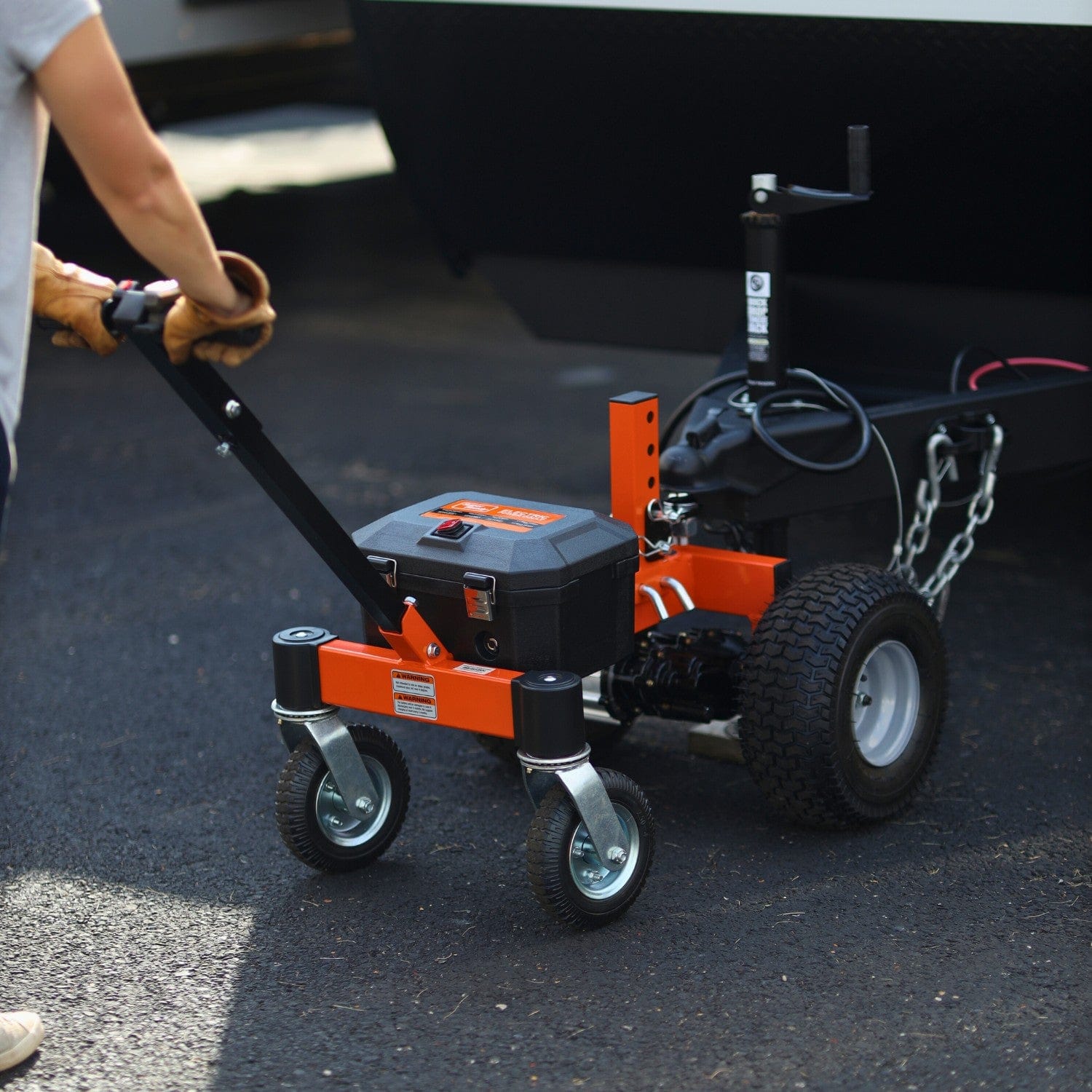
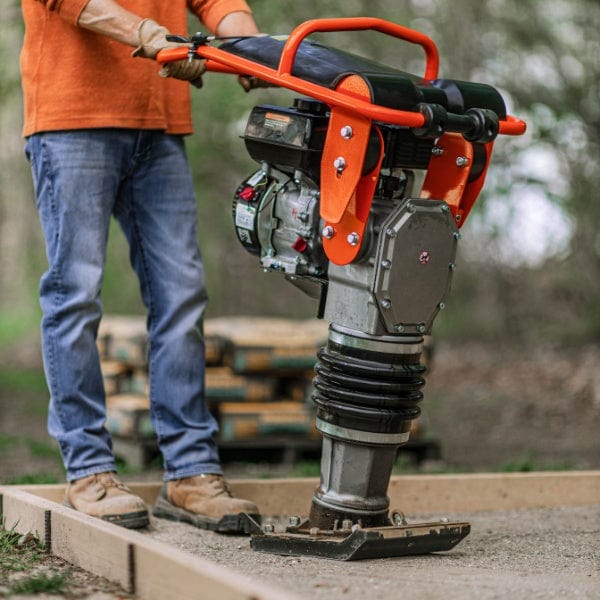
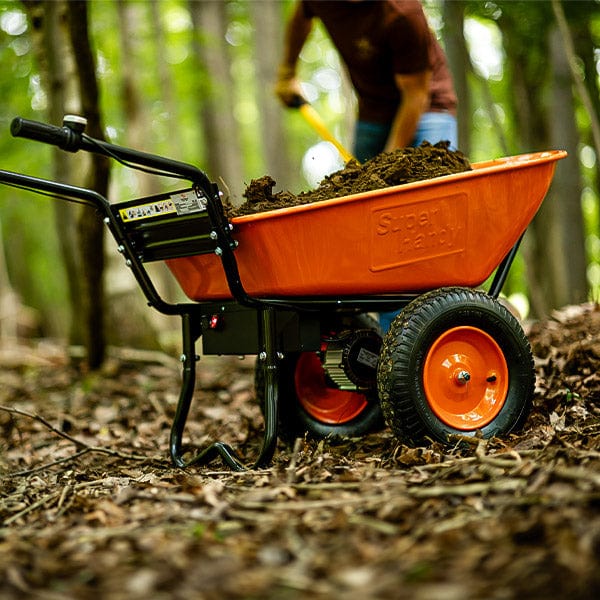
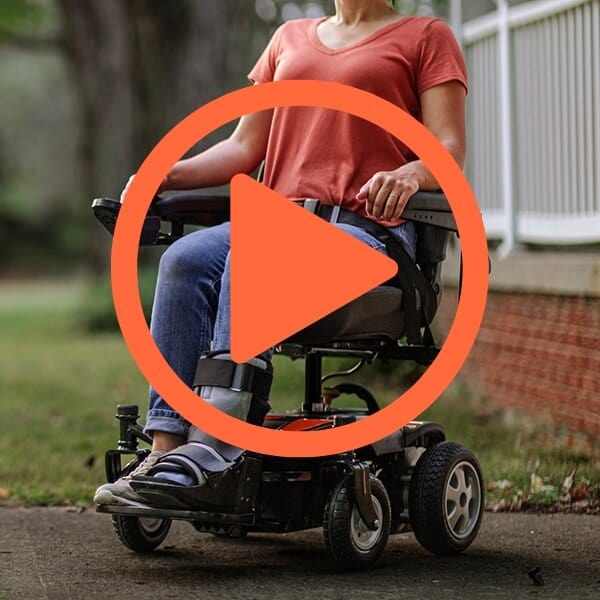

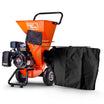
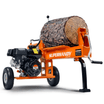
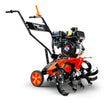
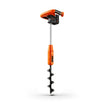
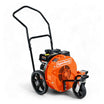
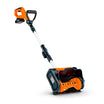
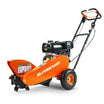
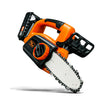
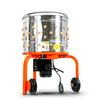
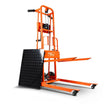
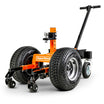
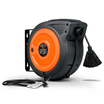
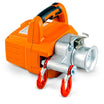
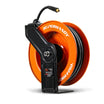
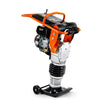
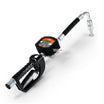
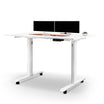
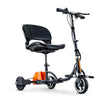
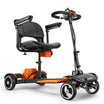
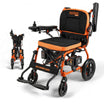


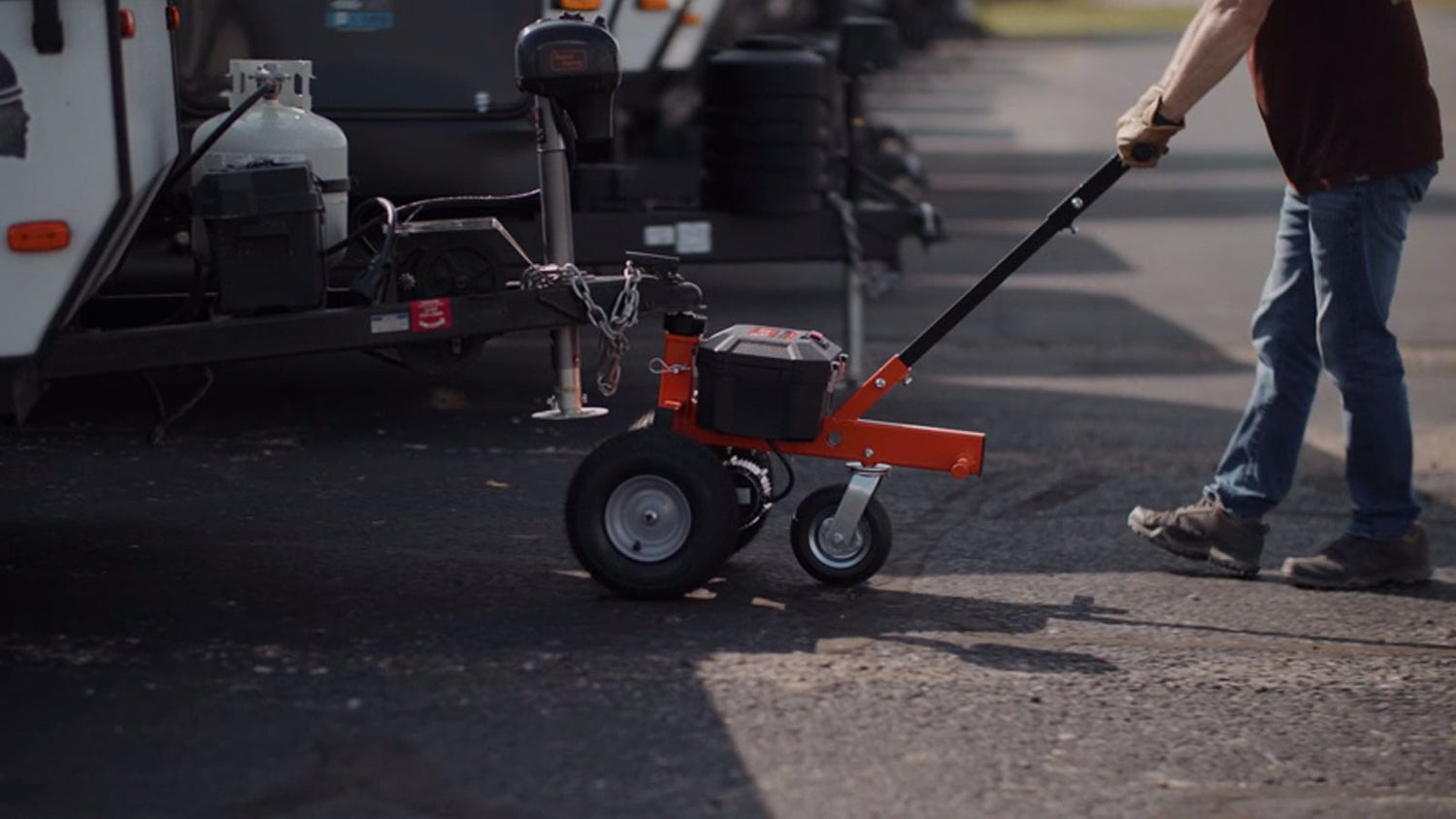
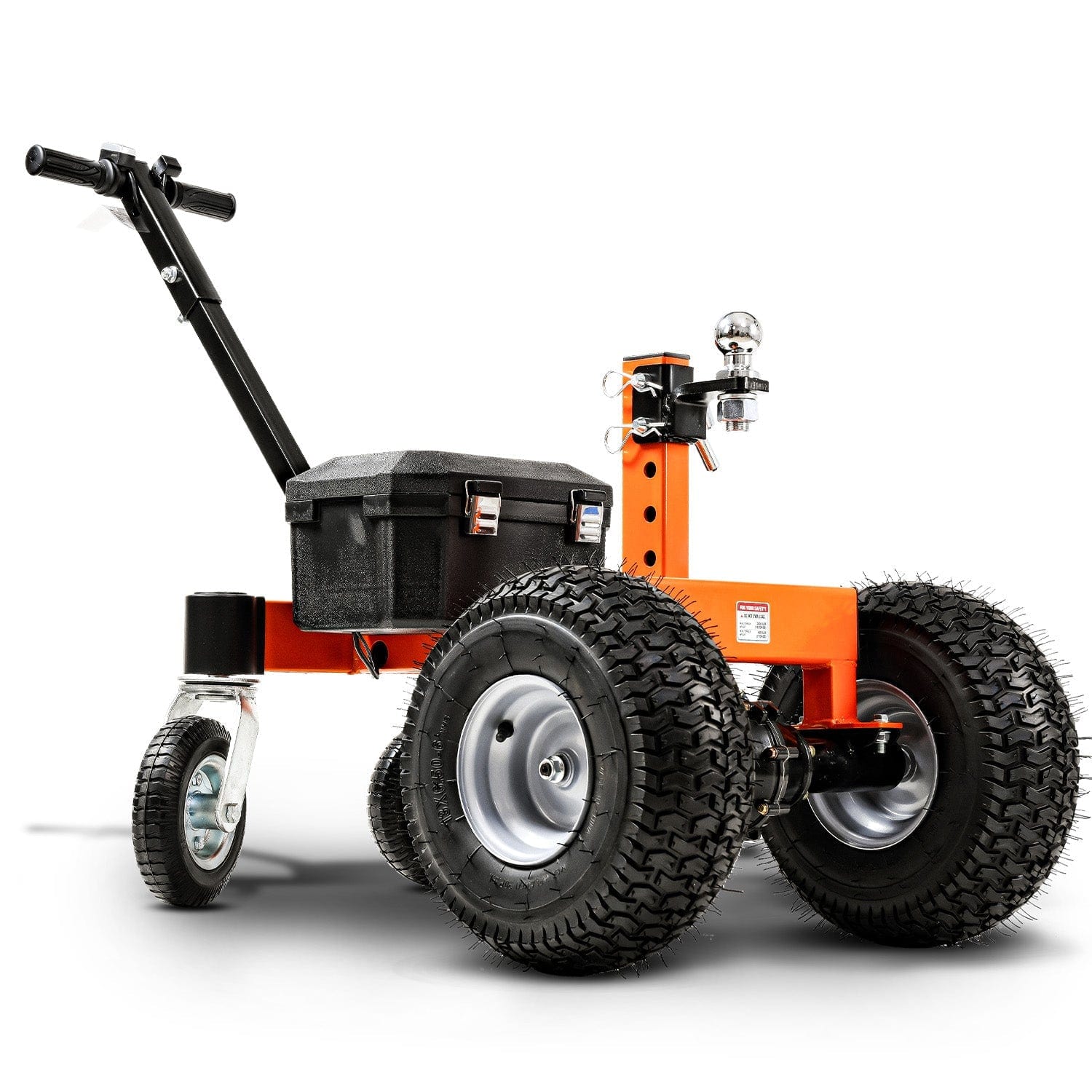
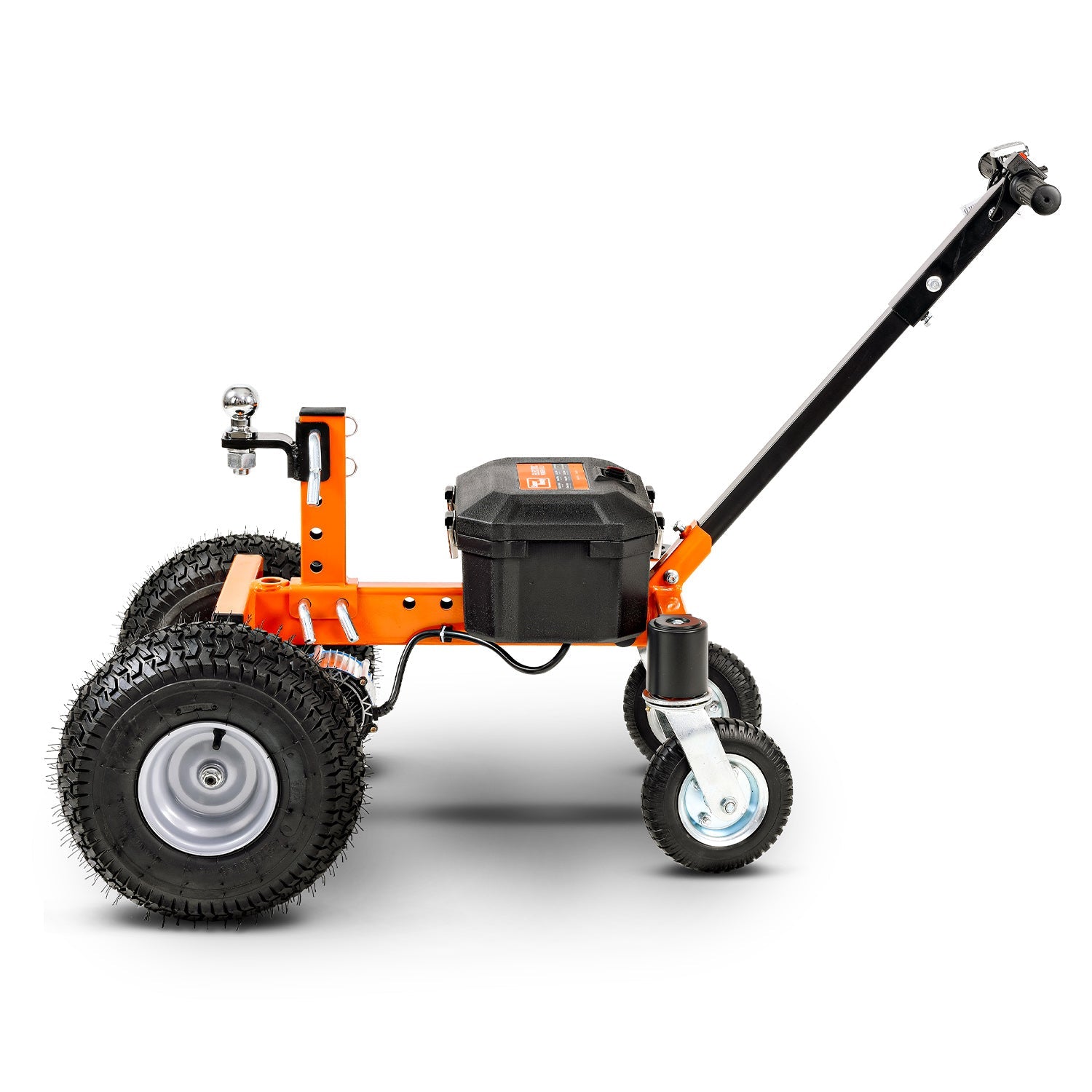
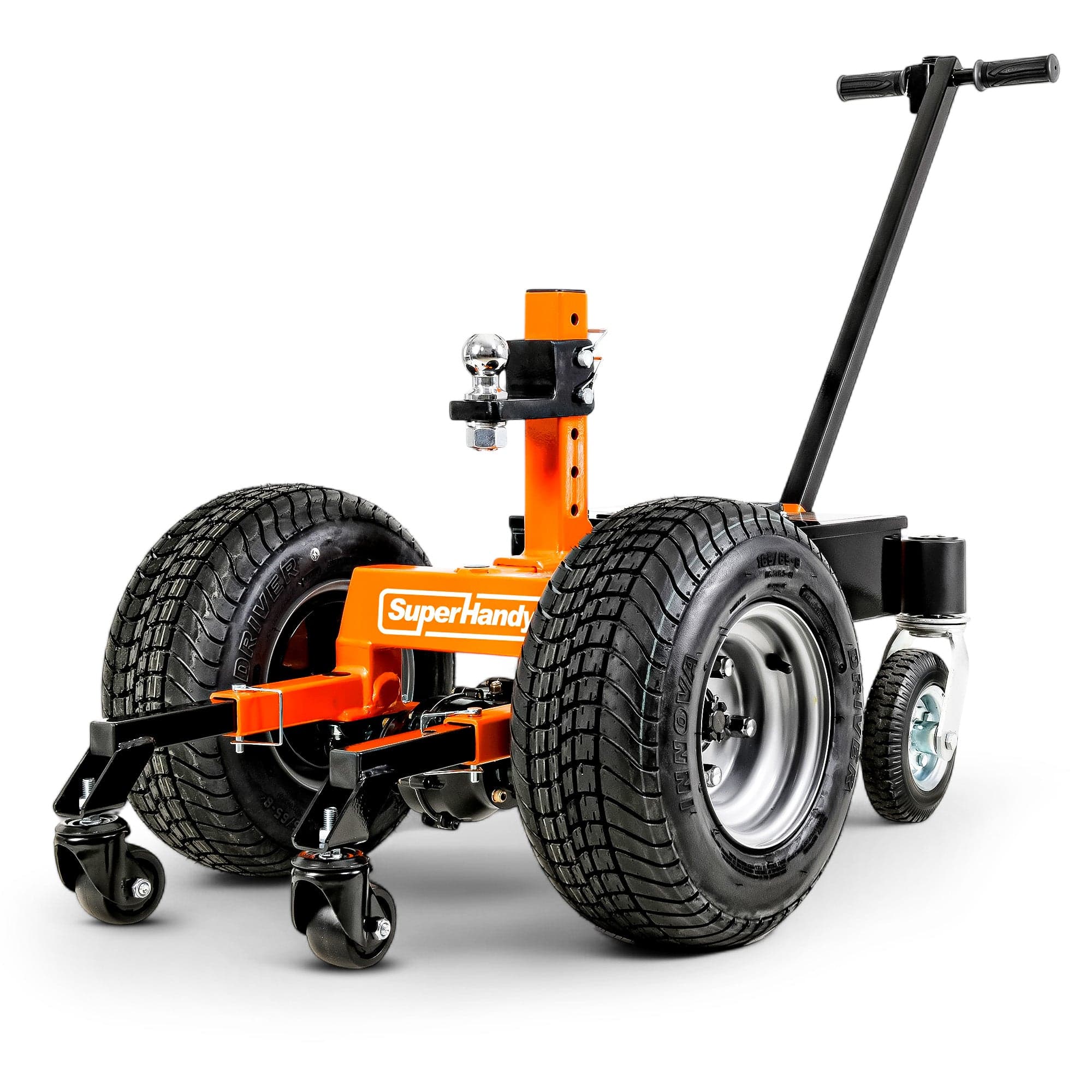
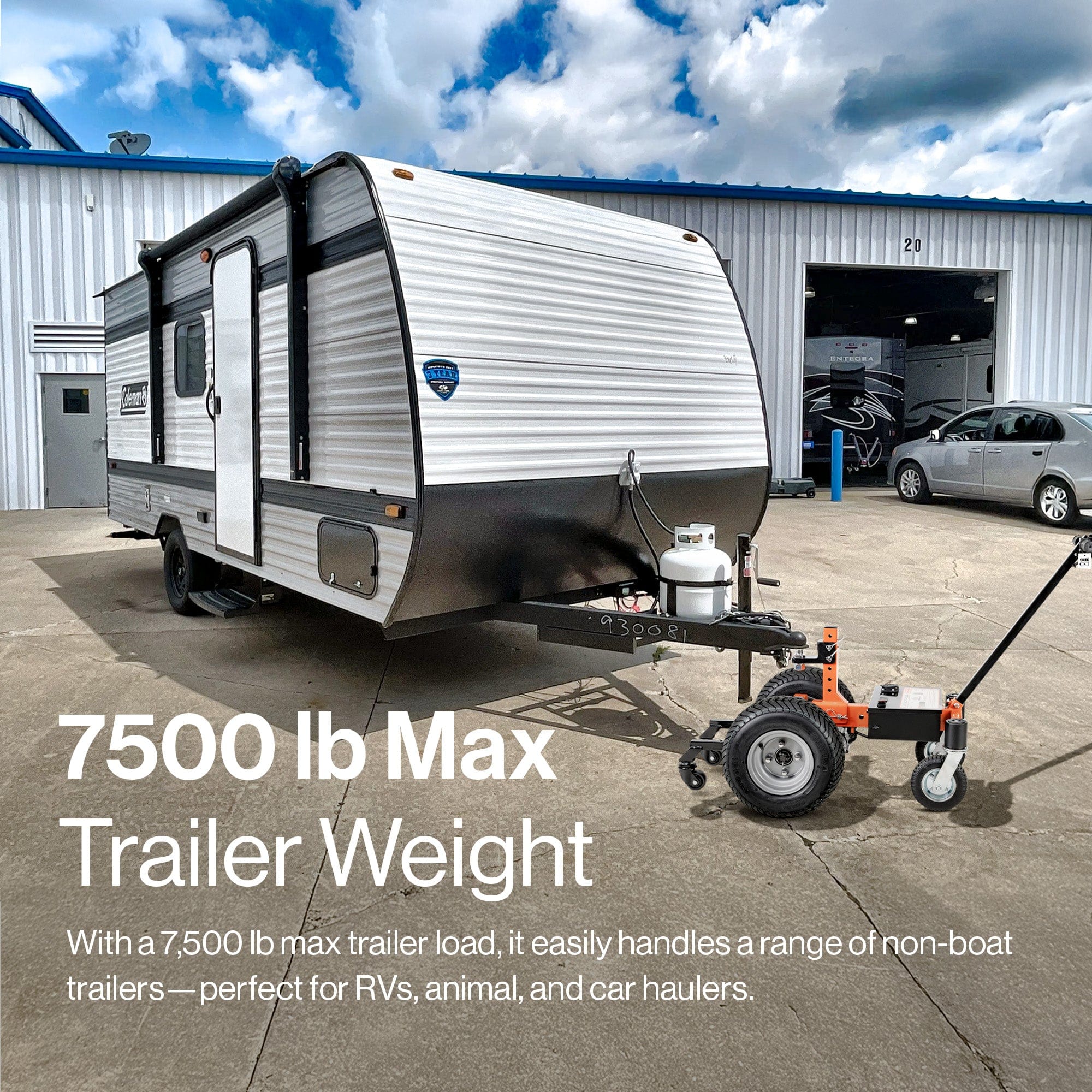
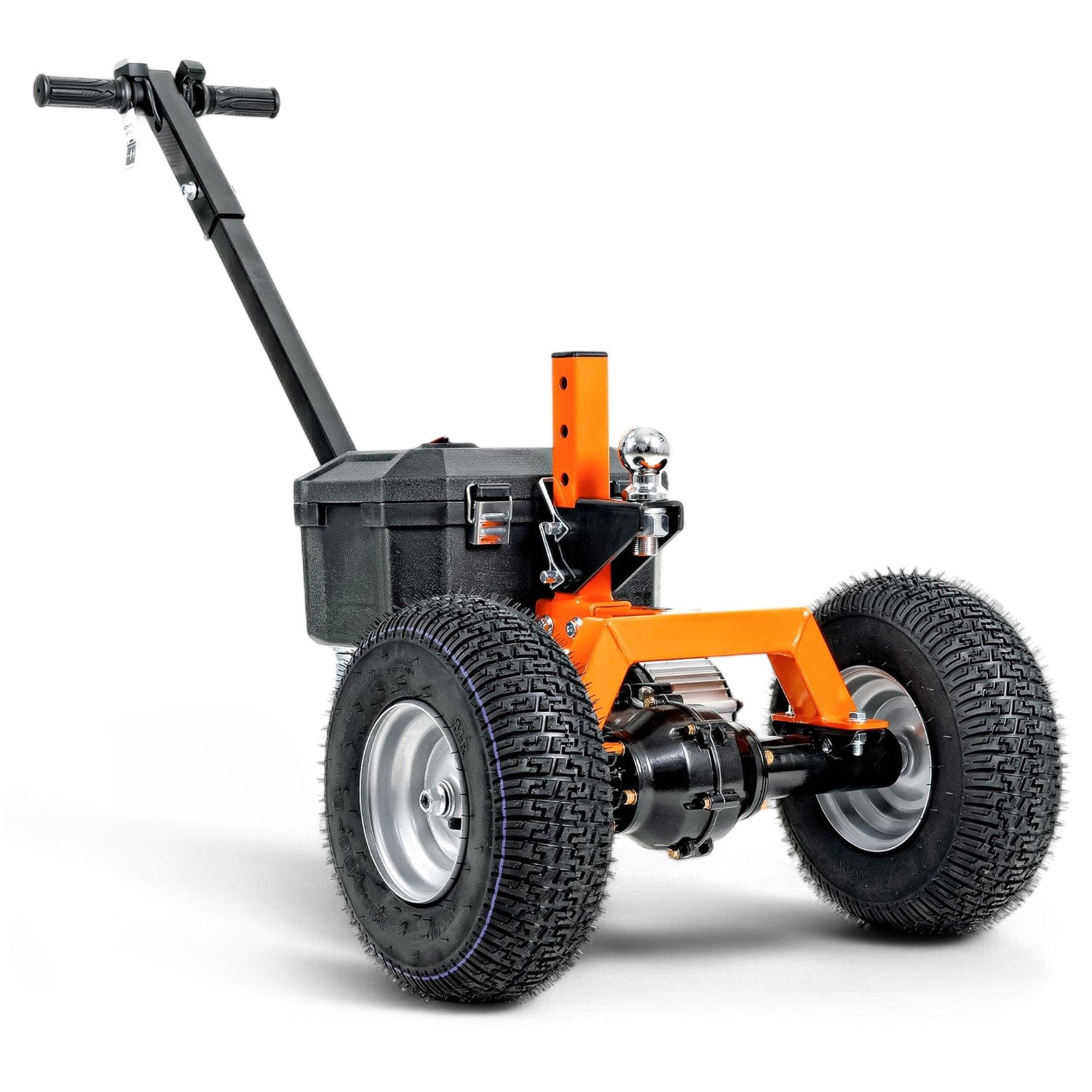
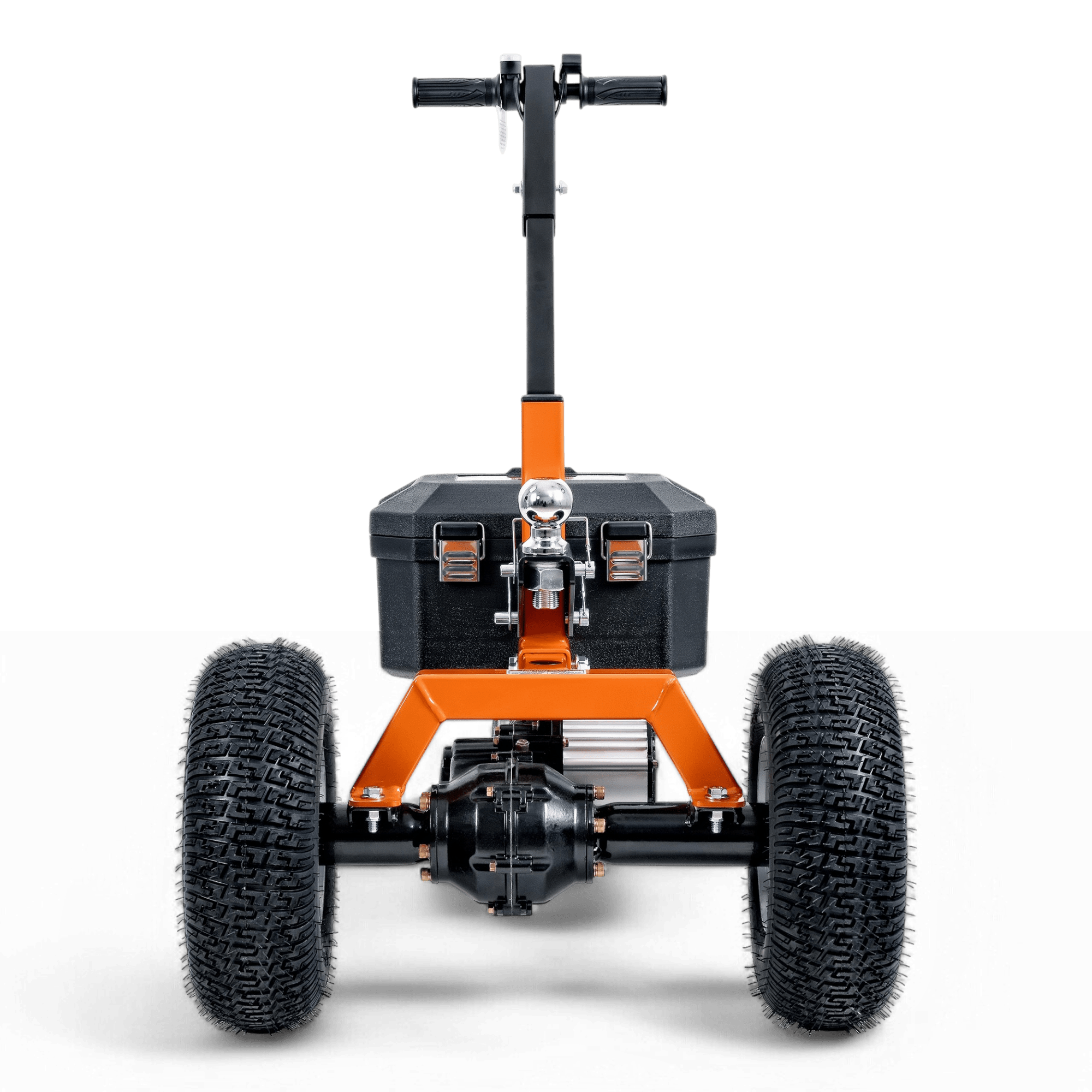
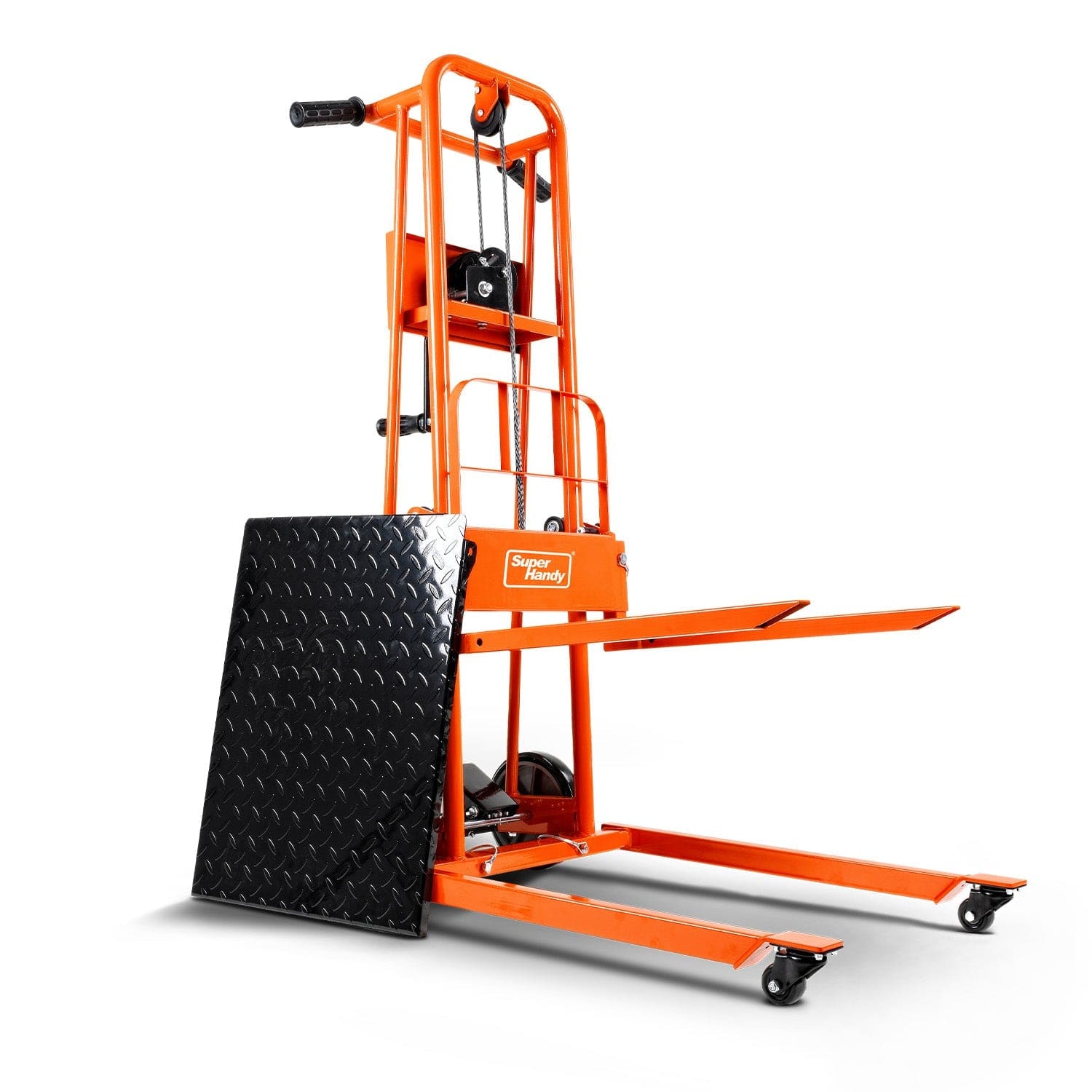
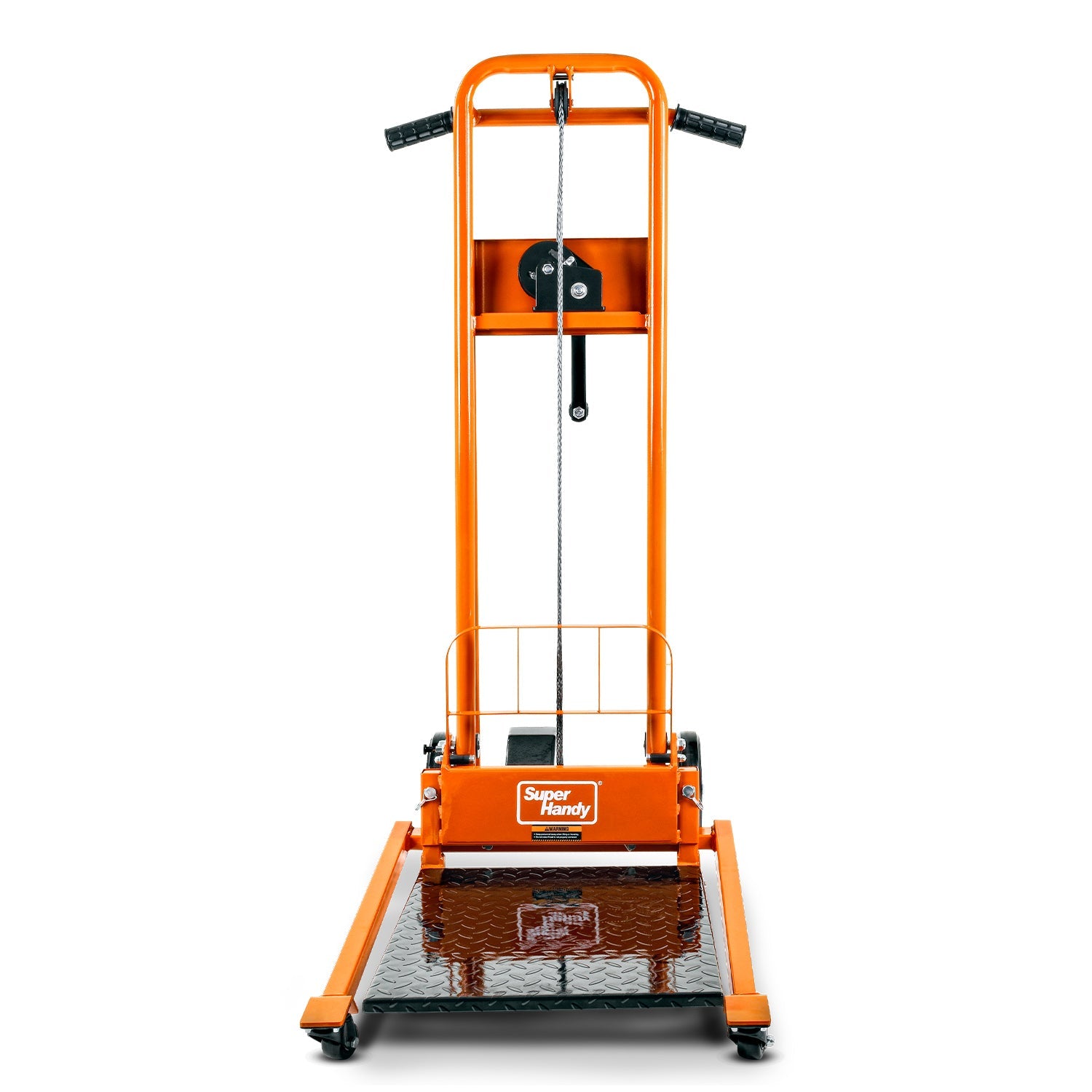
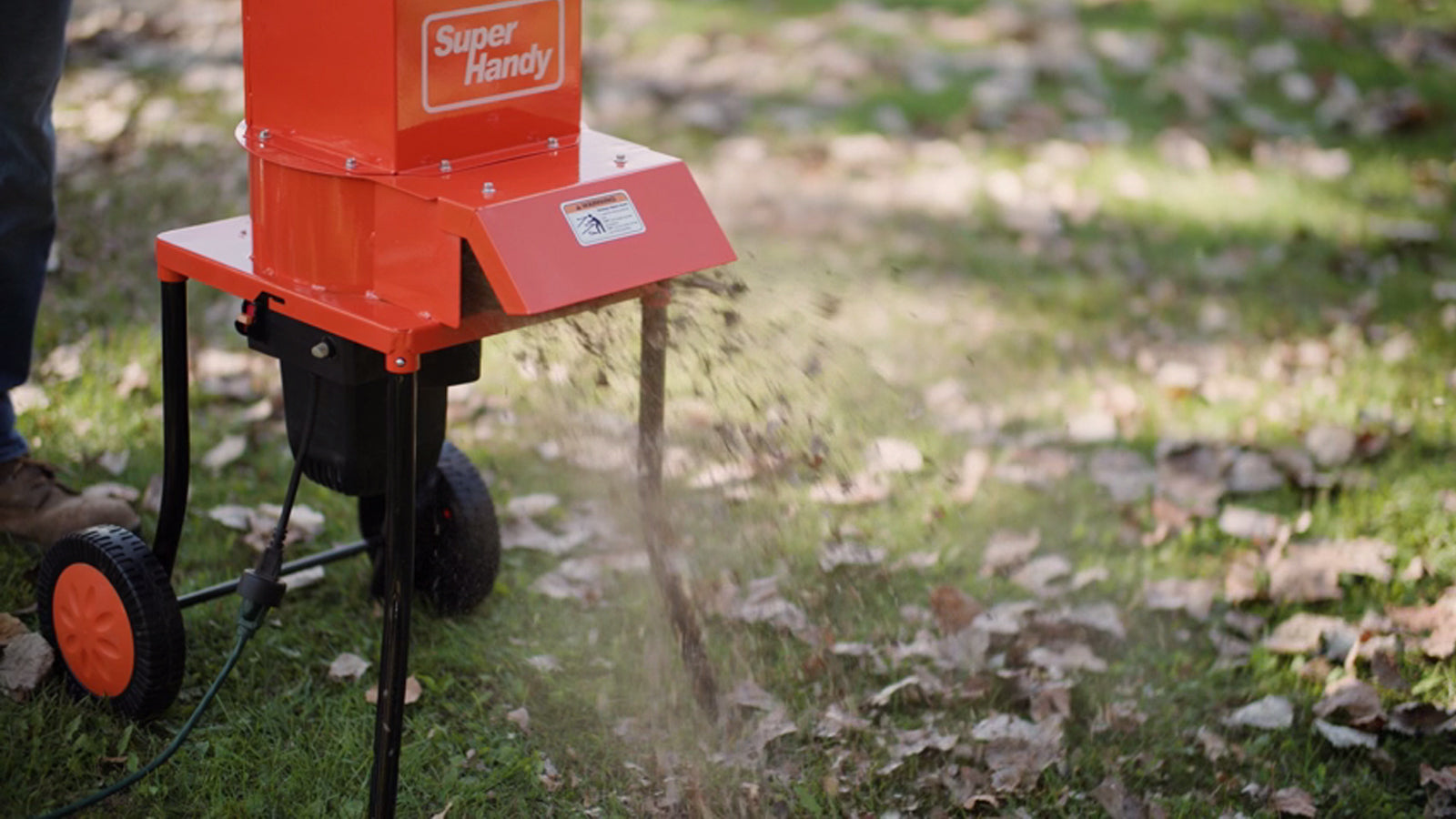
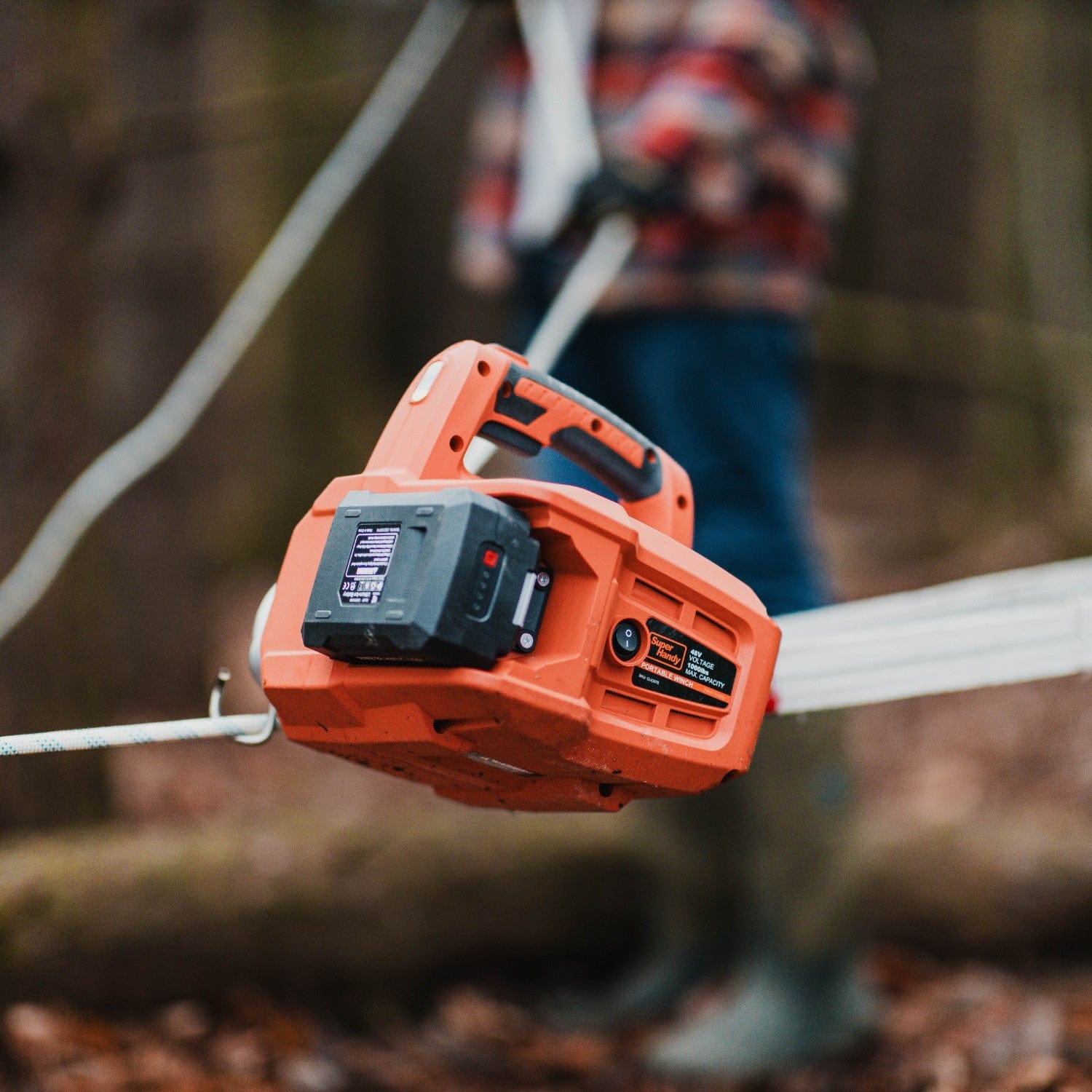
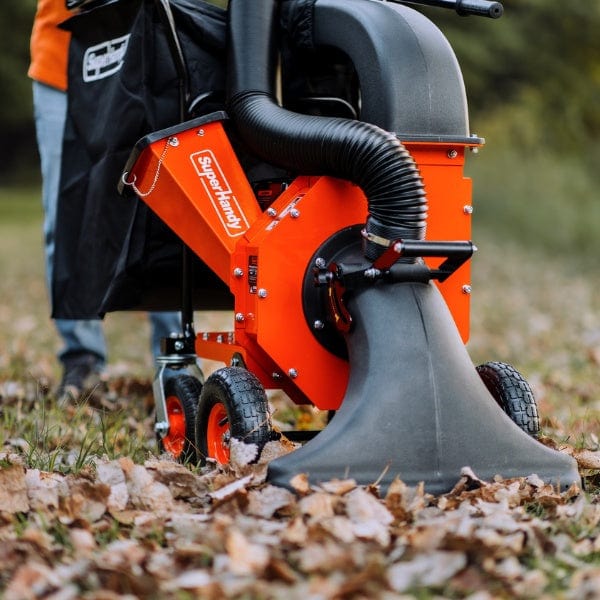
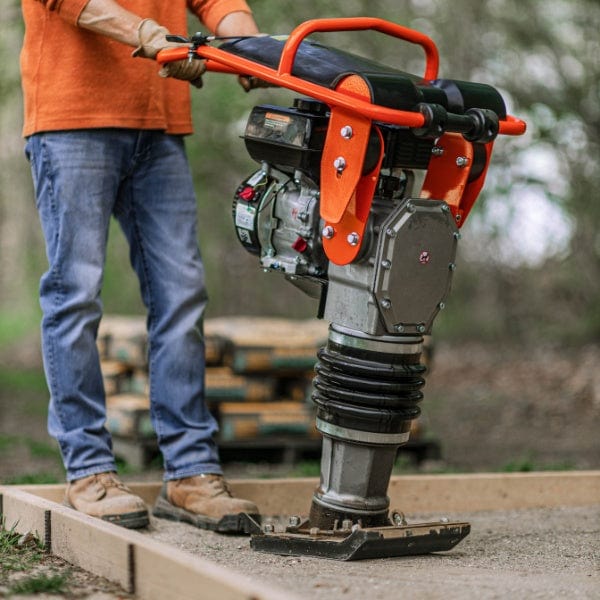
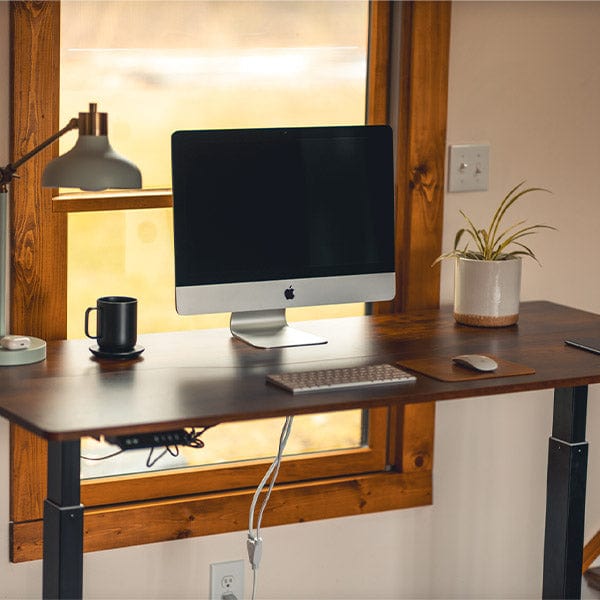
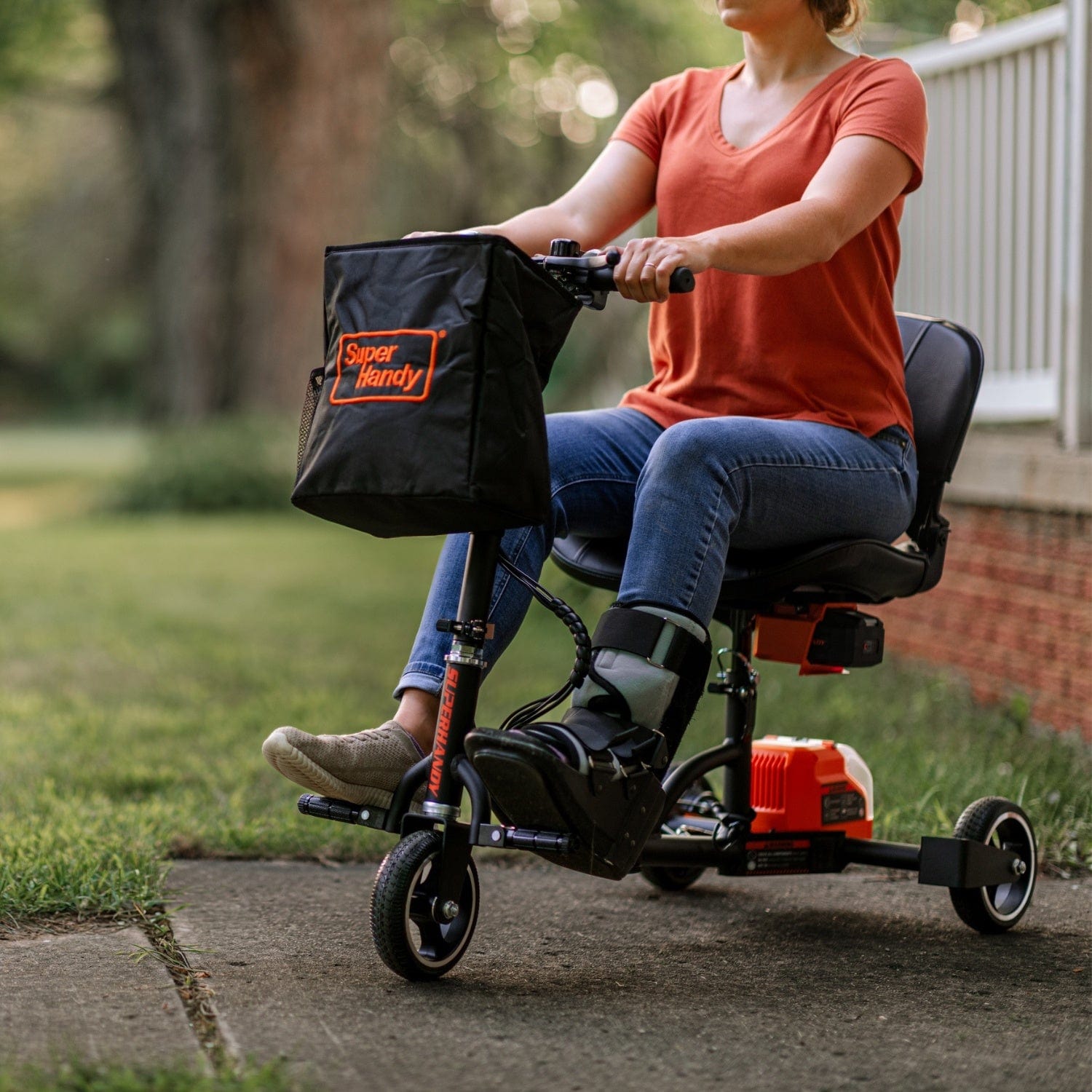
Leave a comment
All comments are moderated before being published.
This site is protected by hCaptcha and the hCaptcha Privacy Policy and Terms of Service apply.